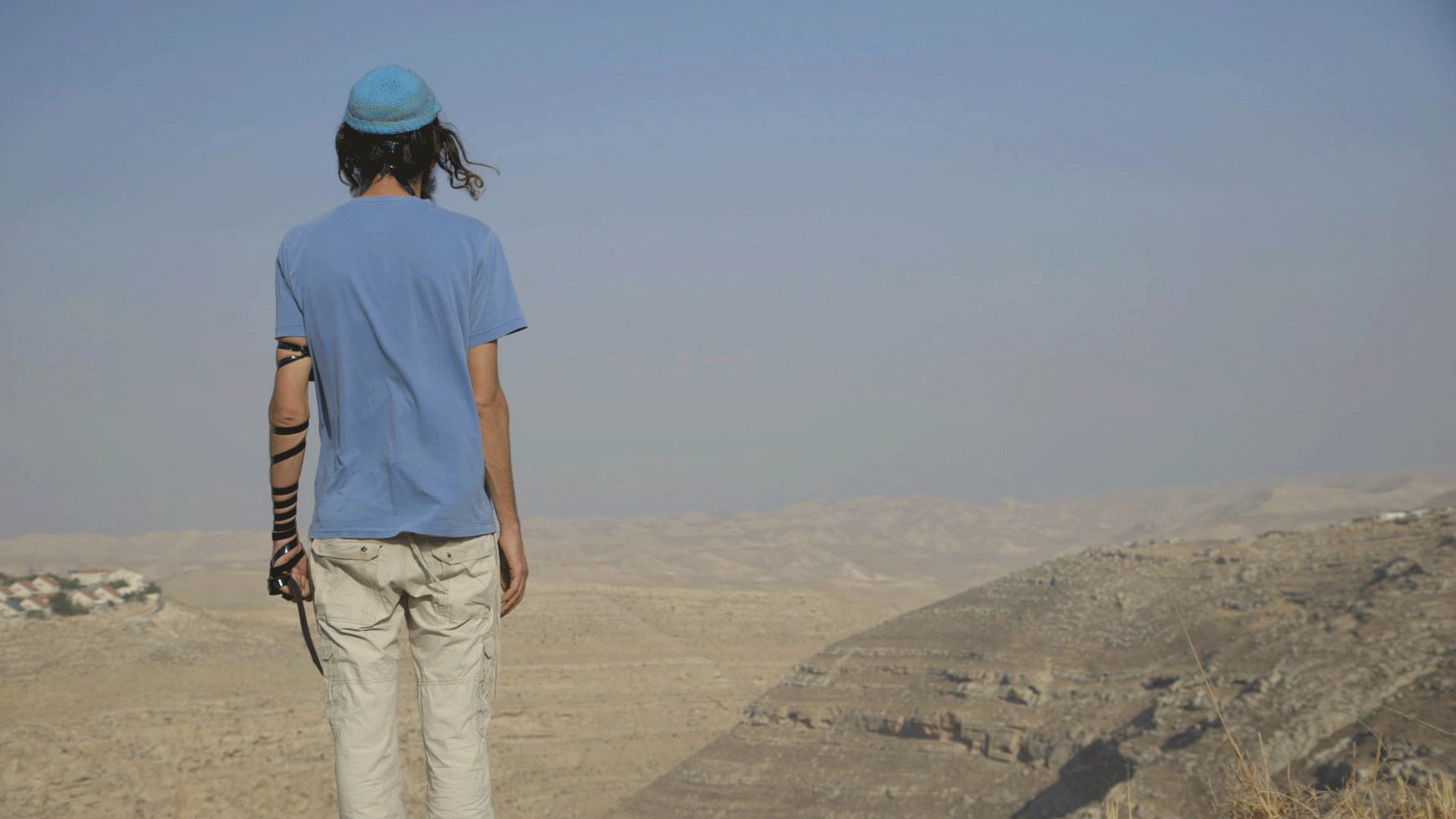The Settlers (2016)

Full Description
With remarkable access, award-winning Israeli filmmaker, Shimon Dotan (Smile of the Lamb, SJFFF 1986) traces the history of Israeli settlements in the West Bank since Israel’s decisive victory in the 1967 Six Day War. While government leaders and the Israeli public initially saw the military victory as an opportunity for a negotiated peace, Jewish religious zealots saw it as a divine calling to redeem the Biblical land of Israel. Controversial leaders like rabbi Moshe Levinger saw the pilgrimage as an act of civil disobedience, saying that “only after we actually settle will we be taken seriously.” And so through both individual actions and the sometimes tacit encouragement of Israeli politicians, the Jewish settlements have grown to more than 500,000 inhabitants surrounded by a Palestinian population of 2.5 million. “It is a heated and often discussed topic, but I find that little is known about it, and often the discussion is misinformed,” Dotan says. He then embarks upon the most comprehensive retelling to date, employing little-seen archival footage, candid comments by security officials, uncensored interviews with the pioneers and a diverse range of modern-day settlers, religious and secular alike, to weave a provocative web that entangles the destinies of Israel, the Palestinian people and the entire Middle East.
—Janis Plotkin
Filmmaker Bio(s)
Shimon Dotan, Producer and Director, was born in Romania in 1949 and moved to Israel in 1959; grew up in an agricultural cooperative, served in the Israeli Navy, and then studied fine arts at Tel Aviv University. He also served as president of the Israeli Diving Federation. Dotan has taught filmmaking at Tel Aviv University and at Concordia University in Montreal. Presently he works out of New York and Montreal
Dotan's films have enjoyed both critical acclaim and commercial success. His debut writing/directing/producing effort, Repeat Dive, which chronicles Dotan's own experiences as a member of Israel's elite Navy Commando unit, won three Israeli Academy Awards, including Best Picture and Best Director, and was selected for the official competition at the Berlin Film Festival. He followed that effort with two short quasi-documentaries, Souvenirs from Tel Aviv (chronicling a demonstration against the Israeli invasion of Lebanon) and Souvenirs from Hebron (which followed an Israeli military patrol on its rounds through the Casbah of the Arab town). His 1986 feature film The Smile of the Lamb written, produced (with Jonathan Aroch), and directed by Dotan, a further exploration of the Israeli-Palestinian divide, won numerous awards including the Silver Bear at Berlin and six Israeli Academy Awards, including those for Best Director and Best Picture. In 1991, Dotan directed The Finest Hour for 21st Century, starring Rob Lowe, Tracy Griffith and Gale Hanson. Warriors, a commercially successful feature was produced and directed by Dotan in 1994 and starred Academy Award nominee Gary Busey and Michael Pare. In 1996 Dotan directed and produced Coyote Run, starring Peter Greene, Macha Grenon and Michael Pare'. The critically acclaimed You Can Thank Me Later was produced (with Netaya Anbar) and directed by Dotan in 1998, staring Ellen Burstyn, Amanda Plummer Genevieve Boujold and Mary McDonnell. In 1999/2000 Dotan produced four films; The List with Ryan O'Neal and Ben Gazara, Cause of Death with Patrick Bergin and Michael Ironside, Wilder with Pam Grier Romano Orzari and Rutger Hauer and Hidden Agenda with Dolph Lundgren and Maxim Roy.
The critics have been very receptive and praising of Dothan's fine work, calling it ". Visually stunning and lyrical ... of breathtaking beauty and power". The Hollywood Reporter considered Repeat Dive "a gripping study of the psychological effects upon those who live in a country where war and death are a constant reality", and the Los Angeles Times said that Dotan "has a keen eye for capturing a flickering spark of repressed emotions".
In 1992 Dotan, together with partner Netaya Anbar, established Cinequest Films Inc., which produces feature films out of Montreal and New York.
Director(s)
Country(ies)
Language(s)
w/English Subtitle
Release Year
Festival Year(s)
Running Time
110
Writer(s)
Cinematographer(s)
Editor(s)

